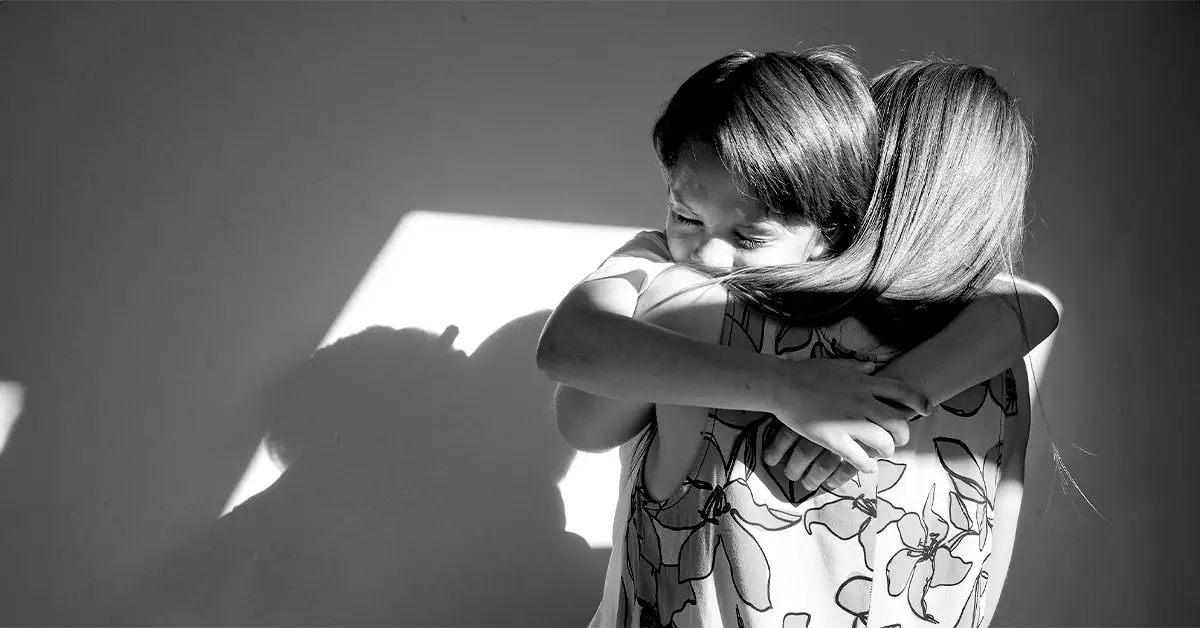Parent-Child Interaction Therapy (PCIT) serves as a crucial intervention designed to fortify the bond between parents and their young children, specifically those aged 2 to 7. Rooted in behavioral principles, PCIT provides parents with essential strategies to manage their children’s challenging behaviors, which are often symptomatic of deeper psychological issues such as anxiety, depression, or developmental disorders like ADHD and autism spectrum disorder. A child’s behavior can sometimes mirror inner turmoil, making it vital to understand the importance of constructive parent-child interactions.
This therapy diverges from traditional play therapy by placing the parent—not the therapist—at the forefront of the therapeutic process. By addressing problematic behaviors while providing a structured yet flexible environment for learning and application, PCIT uniquely enables caregivers to connect with their child’s emotional states through direct involvement. The therapist’s role retreats to observatory guidance, ensuring that the parent practices newly acquired skills in real-time.
At the core of PCIT lies the PRIDE skills framework—an acronym defining how parents can foster positive communication with their child. Each component—Praise, Reflection, Imitation, Description, and Enjoyment—serves as a building block for nurturing positive relationships. By praising specific behaviors, reflecting a child’s expressions, and creating an environment filled with enjoyment and affirmation, parents can cultivate a supportive atmosphere that allows children to thrive.
Once parents develop proficiency in the PRIDE skills, they transition into the second phase of the therapy, which focuses on directed interaction. Here, the goal shifts towards teaching children about appropriate boundaries and expected behaviors, reinforcing the lessons learned during the child-directed phase. This structured approach allows for a gradual transition from play-based interaction to the establishment of behavioral norms.
While PCIT is comprehensive and intensive, an alternative approach known as Parent-Child Care (PC-CARE) emerges to meet the needs of families seeking shorter interventions. PC-CARE utilizes similar principles, yet condenses the process into six sessions focusing on quick and effective skill acquisition. This method is particularly advantageous for families with limited time due to circumstantial pressures, such as children transitioning to new schools or caregivers with existing constraints.
Both interventions possess intrinsic value, yet their applications differ significantly. Where PCIT provides extensive training for deep-rooted behavioral issues, PC-CARE caters to families encountering milder challenges. When addressing the spectrum of behavioral concerns, it’s essential for practitioners to match families with the most appropriate therapeutic approach based on individual circumstances.
Research indicates that engaging in PCIT leads to a broad range of positive outcomes for children, which include fewer tantrums and improved attention spans, alongside enhanced self-esteem. Families report increased satisfaction and reduced frustration levels, fostering a sense of security and attachment that benefits both parent and child. By empowering parents to adopt constructive parenting styles, PCIT seeks not only to mitigate behavioral issues but also to establish lasting, healthy dynamics.
Nevertheless, it is important to approach the findings concerning PCIT with a critical lens. Limitations exist within existing studies, such as small sample sizes and a predominance of female participants. Addressing these shortcomings through diverse participant pools and more comprehensive follow-ups could yield more generalized insights regarding the efficacy of PCIT.
With its adaptability, PCIT accommodates various family structures, including foster care situations and culturally diverse settings. This flexibility in delivery can take the form of group sessions or individual guidance, catering to a wide array of needs and circumstances. However, as with any therapeutic modality, successful implementation hinges on the commitment of parents to actively engage with the process, requiring patience and persistence.
As we look towards the future of parent-child relational therapy, it is imperative to continue investigating the long-term effects of PCIT. Longitudinal studies that follow families over extended periods can provide insights into the sustainability of improvements seen in behavior and relationships post-therapy.
Parent-Child Interaction Therapy stands as a robust intervention designed to reshape relationships, empower parents, and foster healthier emotional expressions among children. By engaging deeply with both the mechanisms of therapy and the individual needs of families, PCIT has the potential to lead to transformative change, establishing functional and positive family dynamics that endure well beyond the therapy sessions.

